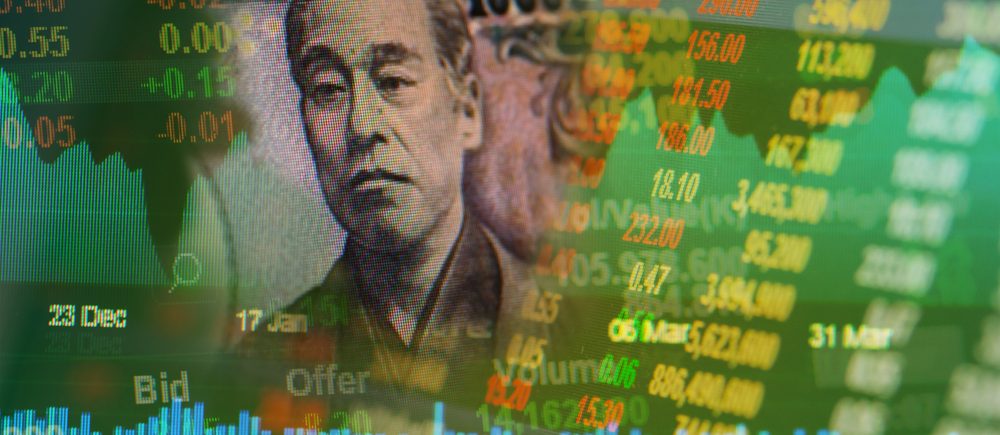Japanese stocks closed lower on Monday as investors returned from a long weekend to markets affected by the Japanese authorities’ intervention to support the currency, the collapse of the British pound and increasing recession fears.
The Nikkei index fell at close 2.66 percent to 26431.55 points, after falling to 26,424.60, its lowest level since July 14. This is the third session of losses for the index, which has fallen by more than five percent since the beginning of last week.
The broader Topix index also fell 2.71 percent.
Stock markets fell to follow the lead of their Asian counterparts after the dollar rose and bond yields rose amid growing fears of a global recession. Standard & Poor’s futures declined 0.79 percent.
The yen recorded 143.8 against the dollar in the latest trading, after it fell 2.43 percent to 140.31 last week due to the intervention of the Ministry of Finance in the exchange market. At the same time, the yields of the ten-year treasury bonds recorded 3.7627 percent.
Last week, Japanese authorities intervened in the foreign exchange market to prop up the faltering yen for the first time since 1998.
Sterling fell to an all-time low of 1.0327 against the dollar, extending its losses since Friday, after the new British finance minister Kwasi Quarting announced a comprehensive package of tax cuts.
Shares of Tokyo Electron, a chip equipment manufacturer, were the biggest pressure on the Nikkei index, when it fell 4.14 percent, followed by SoftBank Group shares, which fell by 5.18 percent.
Shares of automakers also fell, with Mazda Motor Co. recording the biggest losses, down 5.56 percent, after a report that the company would halt production of cars in Russia.
Of the stocks listed on the Nikkei, 217 indices recorded losses and only seven rose.
Shares of (KDDI), the mobile operator, were the best performer on the Nikkei index, rising 0.58 percent.
 Noor Trends News, Technical Analysis, Educational Tools and Recommendations
Noor Trends News, Technical Analysis, Educational Tools and Recommendations





